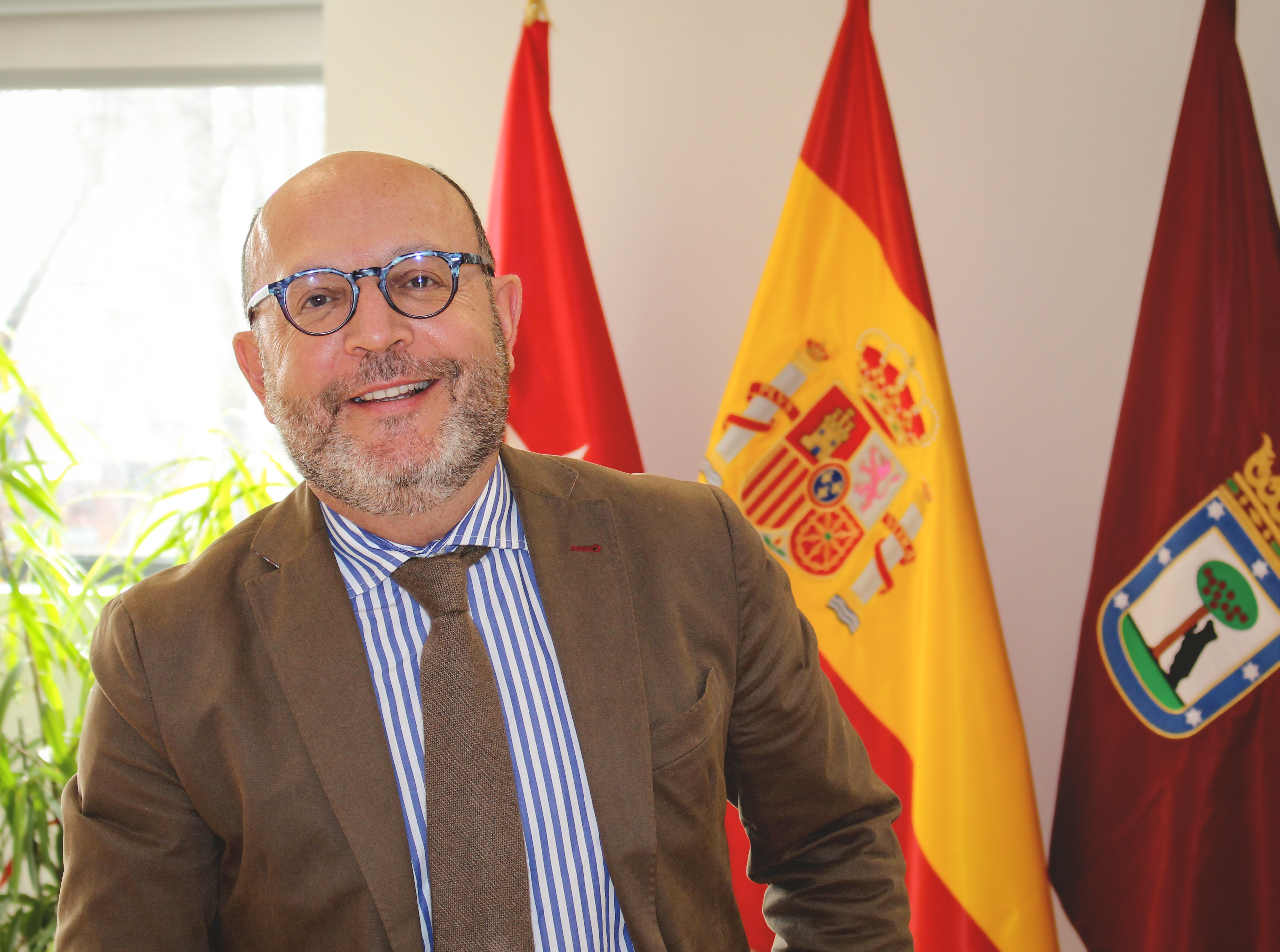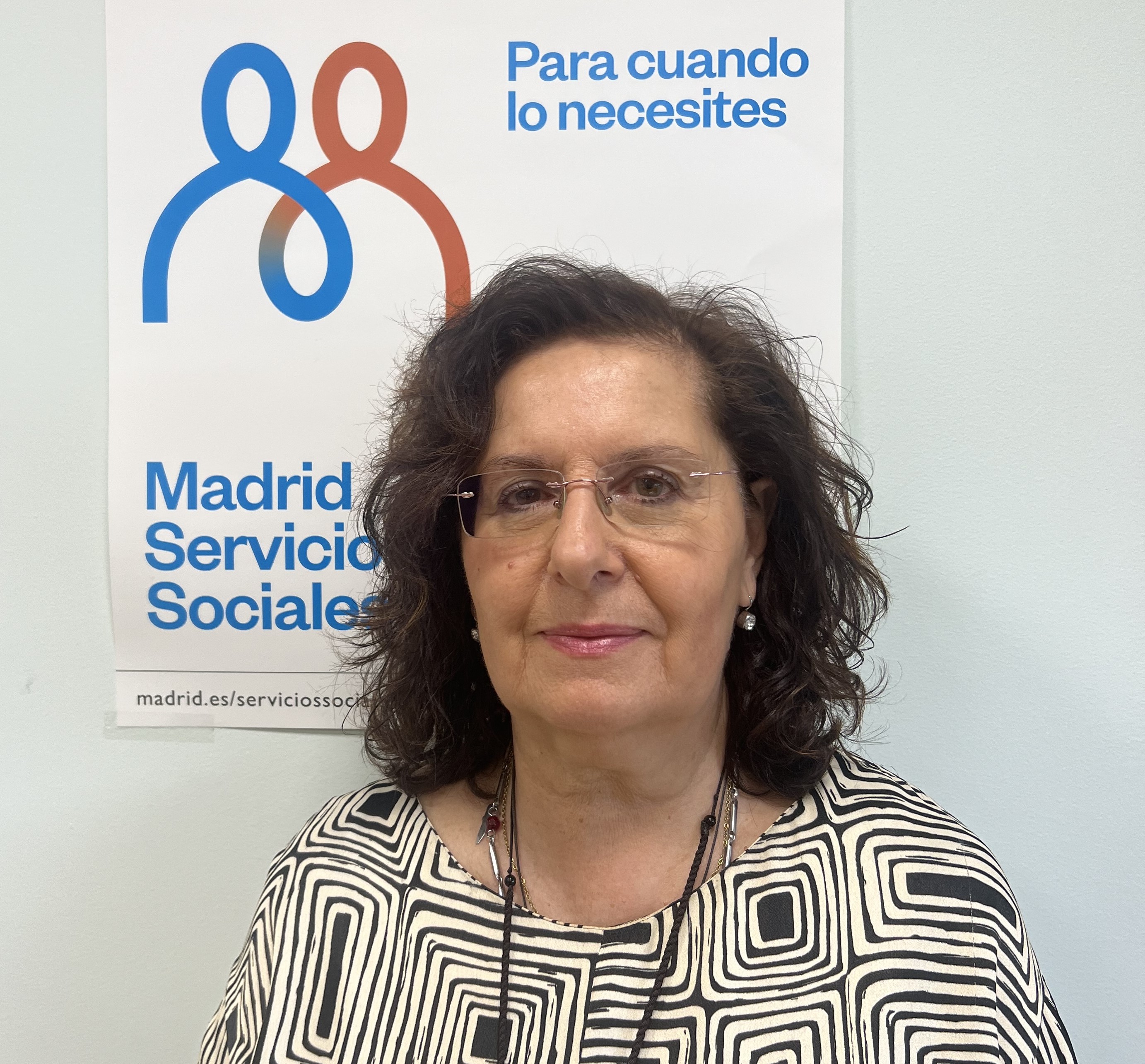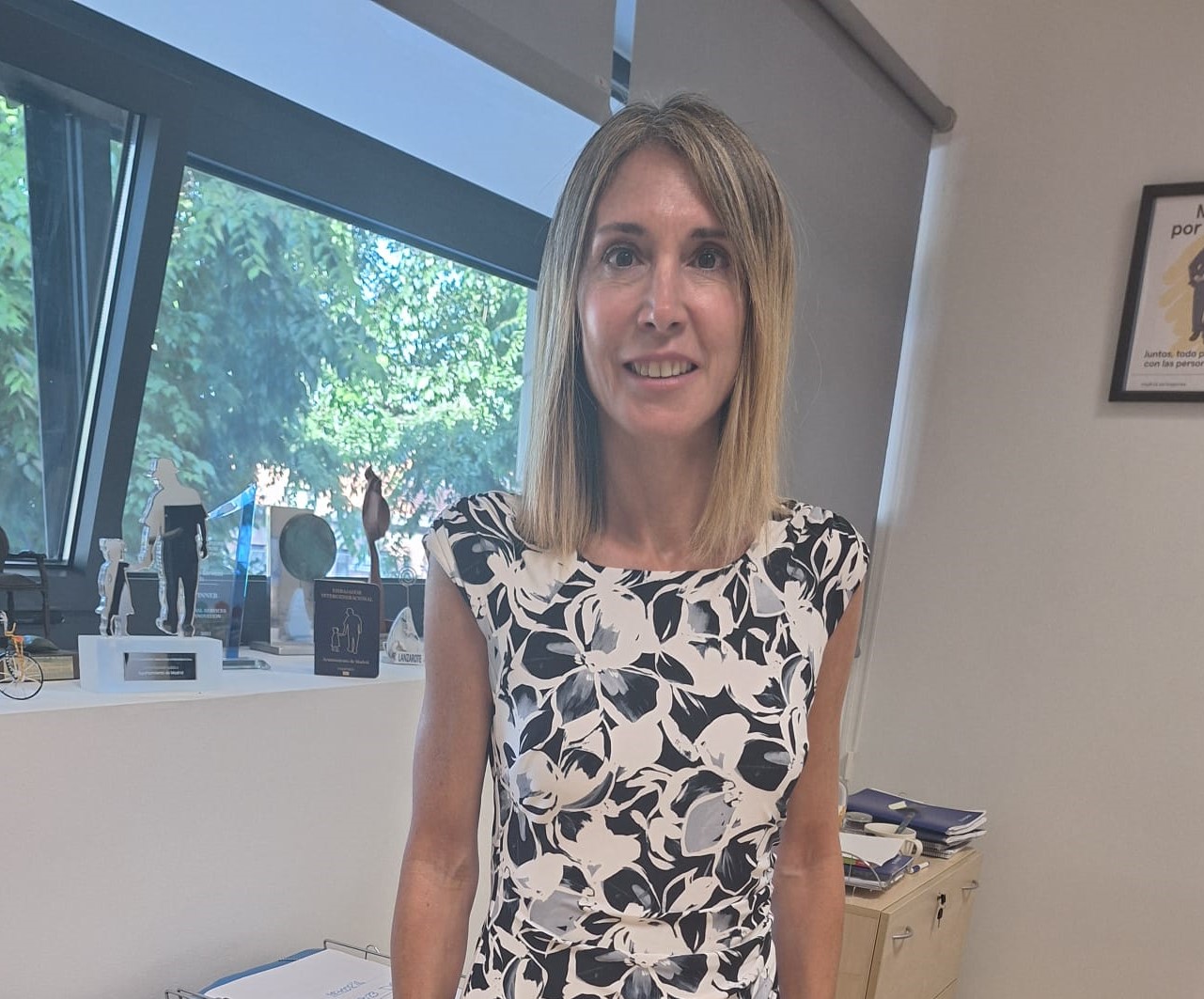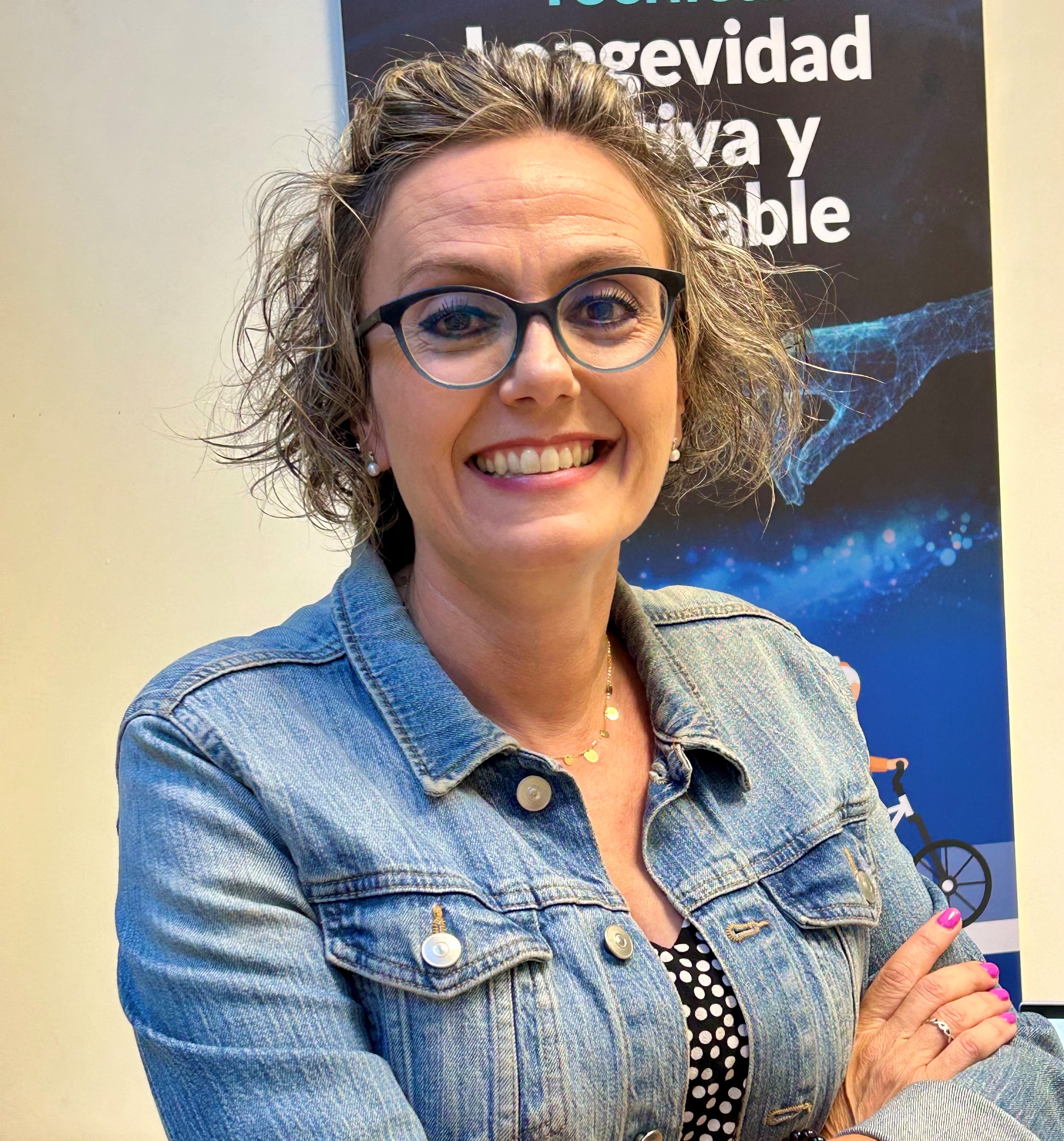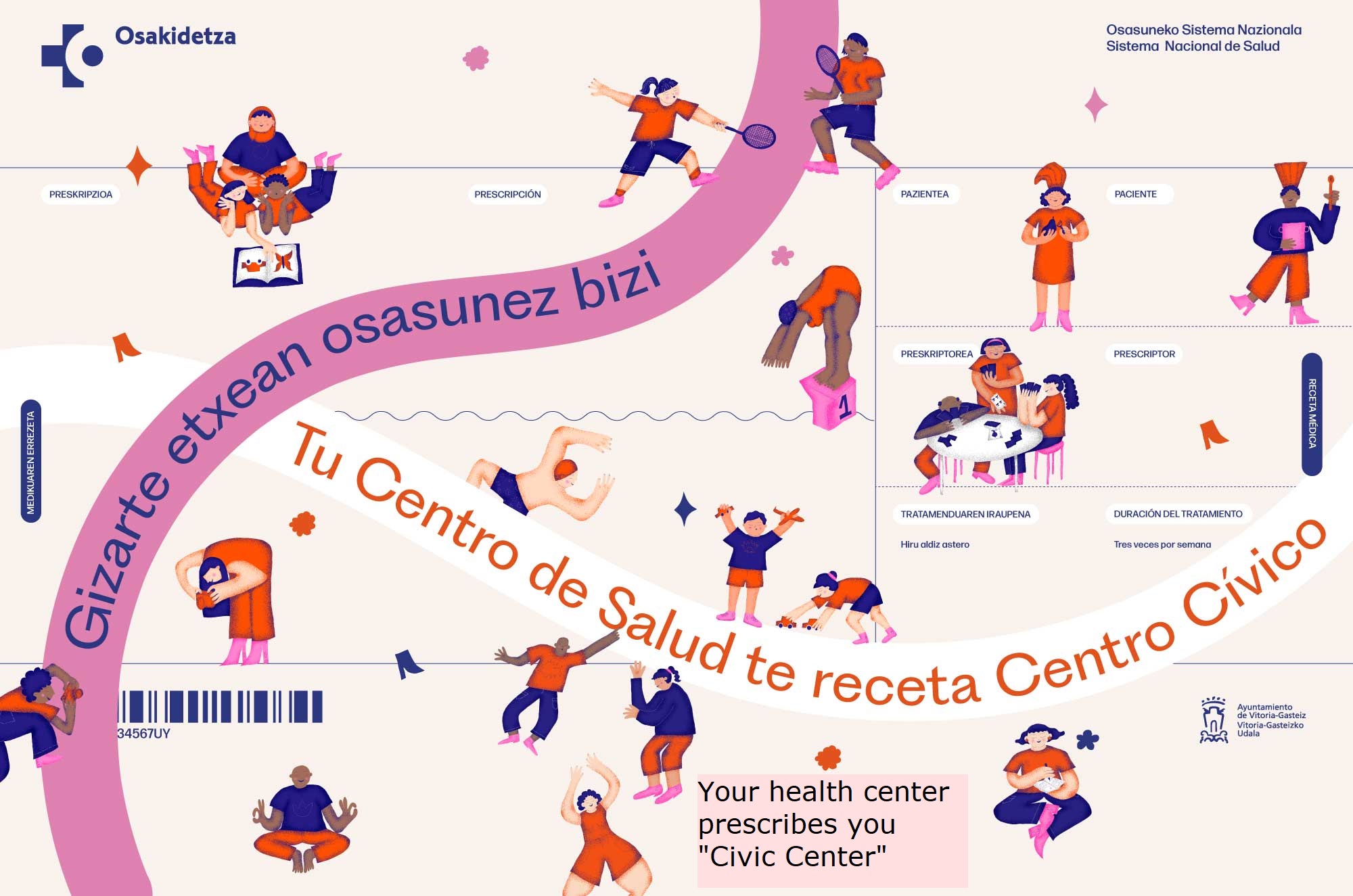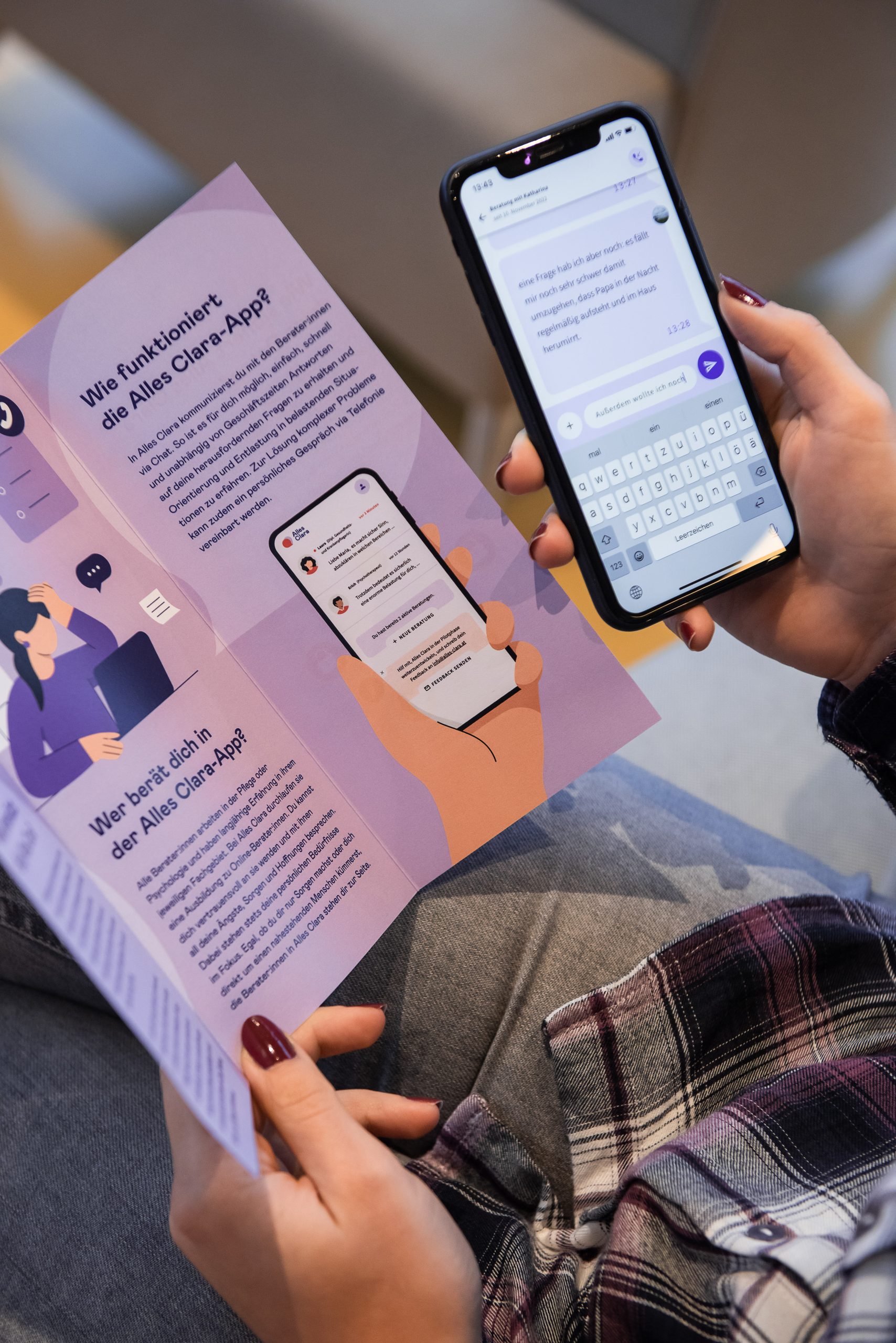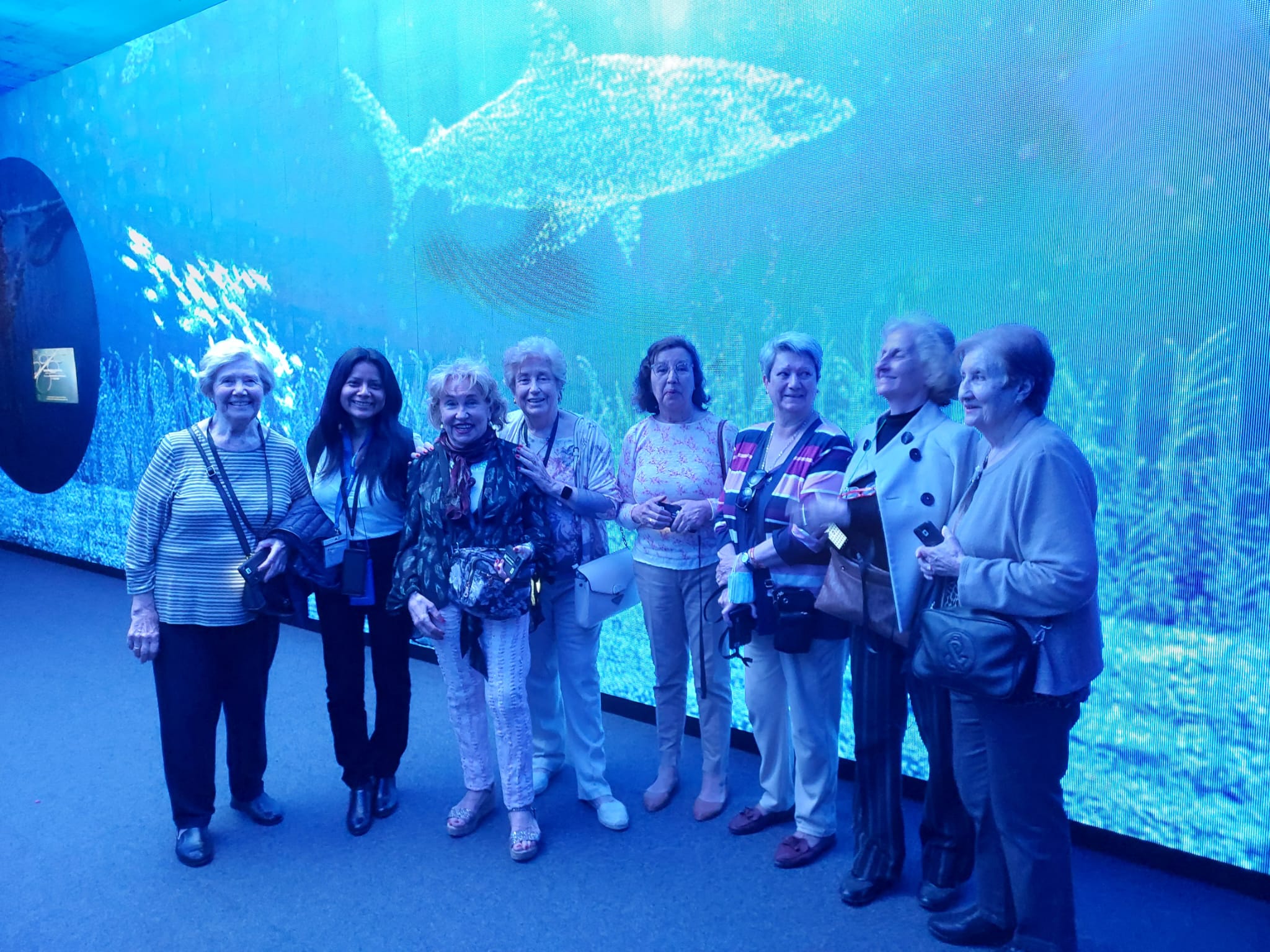
The Paloma project uses artificial intelligence and natural language processing to detect and respond to cases of unwanted loneliness among elderly people through realistic, human-sounding phone conversations.
TECHNOLOGY THAT LISTENS
According to the 2023 Household Survey, 10.7% of people over 65 in Madrid reported feeling lonely—an issue with serious health and emotional consequences. To address this, the city launched a comprehensive Strategy, including a pilot project called Paloma, an AI-based system that simulates the human voice to carry out fluid, real-time conversations with elderly residents. Through these phone interactions, the AI asks targeted questions to identify individuals at risk of unwanted loneliness.
FROM TALK TO ACTION
In 2024, Paloma made 5,163 calls to older residents—70% of whom were women, with an average age of 81. Around 2,000 people completed the interview, and of those, 34% (646 individuals) expressed a willingness to be contacted by Madrid’s social services. As a result, 478 elderly residents received direct support—ranging from home visits to participation in municipal workshops designed to address isolation and build community. Notably, 223 people joined the city’s ongoing accompaniment programme, and 71 took part in group sessions tailored to combat loneliness.
A SCALABLE MODEL FOR CONNECTION
The use of real-time natural language processing in elder care marks the first of its kind in Madrid. Named Paloma after a common woman’s name and the city’s patron saint, the project reflects a deep cultural and personal connection to its users. A public-private partnership between Madrid’s City Council and the Telefónica Foundation, co-created with senior citizens, Paloma demonstrates how AI can be leveraged not just for efficiency, but for empathy. In 2025, the project will expand based on lessons learned during the pilot phase, reinforcing Madrid’s commitment to tackling social isolation with innovation and care.
